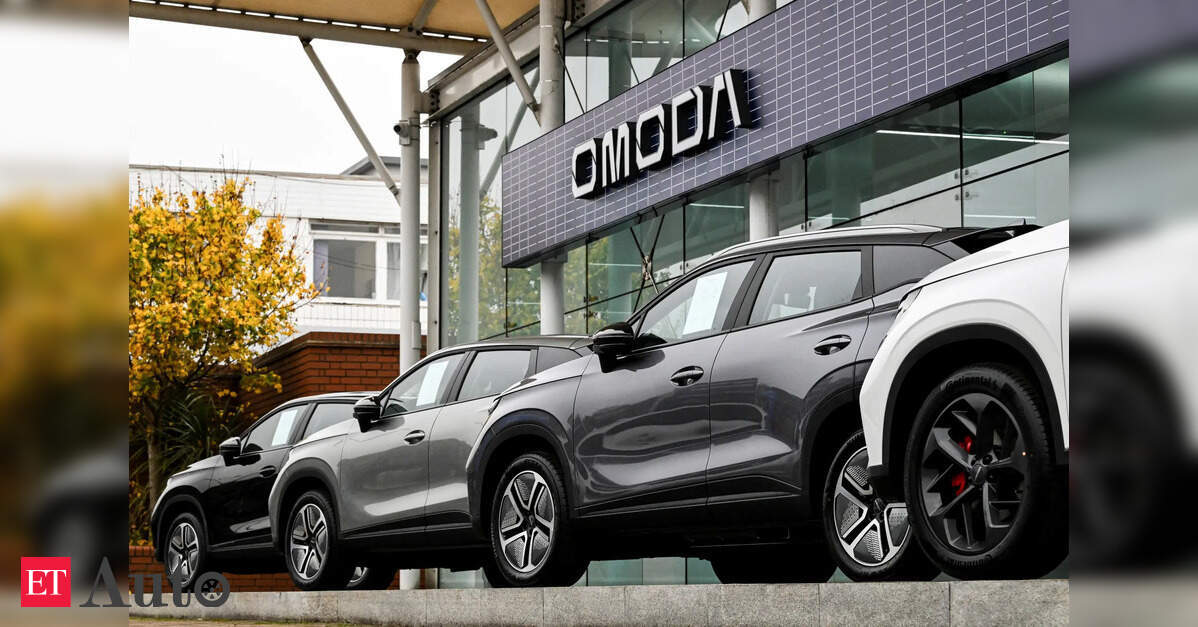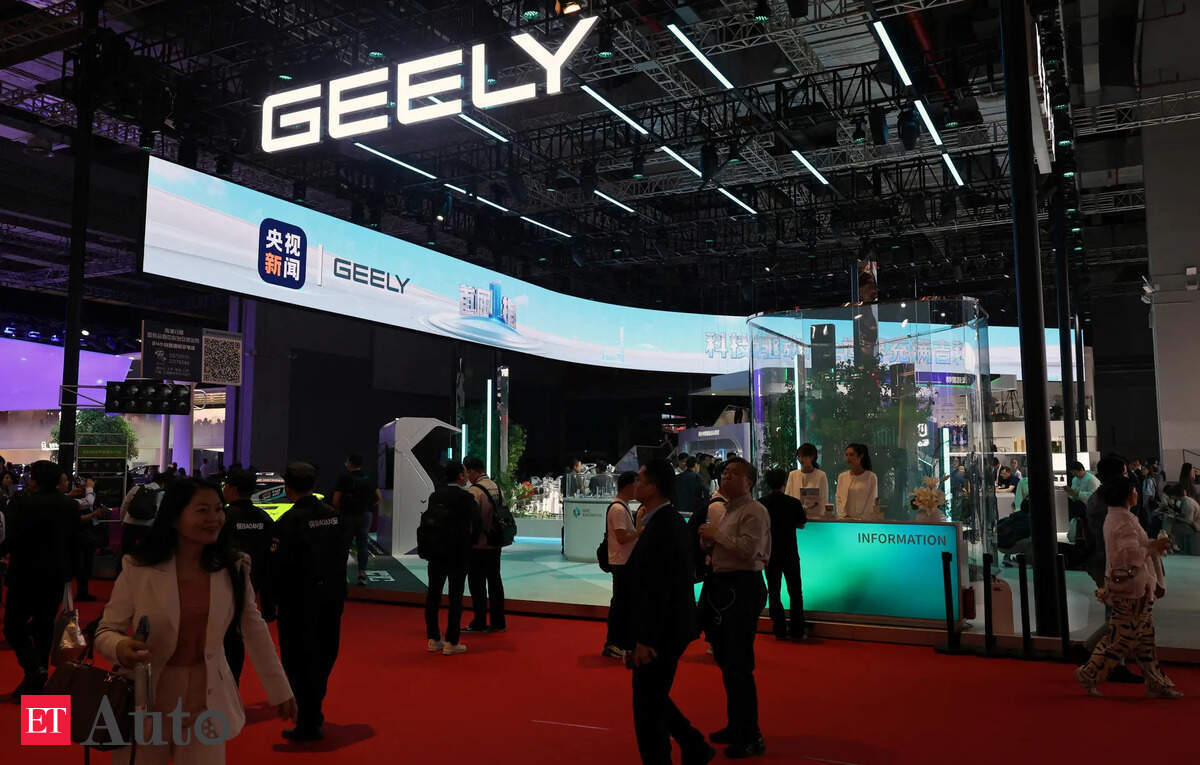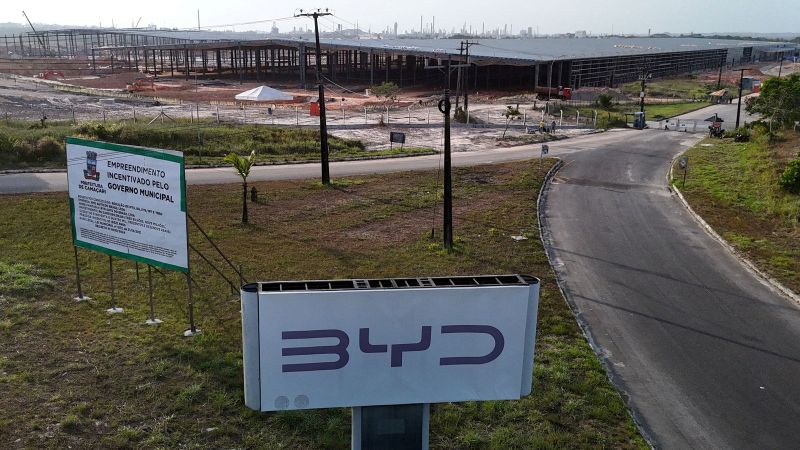Chinese Automakers Face Subsidy Repayment After Audit

China's prominent automotive manufacturers, Chery and BYD, are currently facing scrutiny following an industry ministry audit that revealed substantial improper claims for state subsidies. The audit, which covered eco-friendly vehicles sold in the five years leading up to 2020, uncovered questionable claims totaling an approximate $53 million from these two companies alone. This figure represents nearly 60% of the total improper claims identified during the review.
The Ministry of Industry and Information Technology's audit documents, published last month, indicated that a total of 21,725 vehicles should not have received subsidies, amounting to 864.9 million yuan (equivalent to $121 million). Specifically, Chery had 7,663 vehicles disqualified from receiving subsidies, while BYD had 4,973. Neither the ministry nor the affected companies, Chery and BYD, have responded to requests for comment regarding these findings.
While the audit documents did not explicitly detail penalties or mention requirements for reimbursement, the Chinese government has a precedent of requiring automakers to repay subsidies for vehicles that fail to meet established mileage or performance criteria. The potential mandate for repaying these subsidies could significantly compound the challenges already faced by China's automotive sector. The industry is currently contending with issues such as overcapacity, a prolonged and aggressive price war that has eroded profitability, and increasing tensions between manufacturers, dealers, and suppliers.
In response to these market dynamics, China's top leadership has reportedly committed to intensifying regulation over pricing practices and supporting a more structured phase-out of outdated production capacities. This commitment reflects broader efforts to stabilize and streamline the automotive industry. It is noteworthy that China had previously implemented a comprehensive subsidy program for new energy vehicles (NEVs) from 2009 to 2022. This initiative was instrumental in accelerating the adoption of electric, plug-in hybrid, and fuel cell vehicles, successfully leading to monthly NEV sales surpassing those of gasoline-powered cars since March of the previous year.
The current ministry report compiles findings from audits conducted by local governments, which are now extending their reviews to cover the fiscal years of 2021 and 2022. These ongoing audits underscore the government's continued focus on ensuring the proper allocation and utilization of state funds within the rapidly evolving new energy vehicle market.
You may also like...
Diddy's Legal Troubles & Racketeering Trial

Music mogul Sean 'Diddy' Combs was acquitted of sex trafficking and racketeering charges but convicted on transportation...
Thomas Partey Faces Rape & Sexual Assault Charges

Former Arsenal midfielder Thomas Partey has been formally charged with multiple counts of rape and sexual assault by UK ...
Nigeria Universities Changes Admission Policies

JAMB has clarified its admission policies, rectifying a student's status, reiterating the necessity of its Central Admis...
Ghana's Economic Reforms & Gold Sector Initiatives

Ghana is undertaking a comprehensive economic overhaul with President John Dramani Mahama's 24-Hour Economy and Accelera...
WAFCON 2024 African Women's Football Tournament

The 2024 Women's Africa Cup of Nations opened with thrilling matches, seeing Nigeria's Super Falcons secure a dominant 3...
Emergence & Dynamics of Nigeria's ADC Coalition

A new opposition coalition, led by the African Democratic Congress (ADC), is emerging to challenge President Bola Ahmed ...
Demise of Olubadan of Ibadanland
Oba Owolabi Olakulehin, the 43rd Olubadan of Ibadanland, has died at 90, concluding a life of distinguished service in t...
Death of Nigerian Goalkeeping Legend Peter Rufai

Nigerian football mourns the death of legendary Super Eagles goalkeeper Peter Rufai, who passed away at 61. Known as 'Do...




